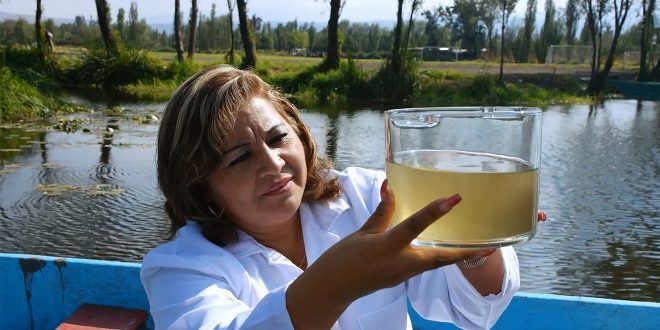80% of the world’s wastewater is released into the environment without proper treatment. Untreated wastewater, a valuable resource from which you can recover nutrients, energy, clean water, and other resources, spreads disease and contaminates drinking water sources. Wastewater treatment complacency can be dangerous, with about 7.2 million Americans getting sick yearly from illnesses spread through water.
Urine and feces from animals and humans carry many illness-causing organisms. Additionally, wastewater may have heavy metals and harmful chemicals that cause various health and environmental issues. Adequate wastewater treatment can help rid the water of chemicals, bacteria, and organisms that make it unsafe. Here are six benefits of wastewater treatment.
Reduces waste
Wastewater treatment reduces the waste released into the environment, improving its health. A healthy environment minimizes health dangers associated with environmental pollution-related diseases such as bronchitis, asthma, lung cancer, Parkinson’s disease, and Alzheimer’s. It also lowers the water loss caused by water pollution.
Wastewater treatment helps save the money that would otherwise have been spent on environmental rehabilitation activities needed to fight pollution. Countries and industrial and manufacturing companies can leverage decentralized wastewater treatment solutions to save money further because they use newer, modular equipment and updated treatment processes to reduce energy usage.
Its economically beneficial
Wastewater treatment brings economic benefits via reuse in various sectors. The by-products thereof, including biogas and nutrients, can be utilized for energy generation and agriculture. The extra revenue generated from the wastewater treatment process can cover water utility maintenance and operational costs. As such, wastewater shouldn’t be treated as waste but as a resource. This falls at the center of a circular economy aiming to reduce waste while making the most of the available resources.
It helps solve water scarcity problems
According to statistics, two-thirds of the world’s population experience acute water scarcity for at least one month every year. Wastewater treatment for use can be a water scarcity solution. Once the wastewater is treated, it can replace freshwater for industrial processes, irrigation, and recreational purposes. The treated water can also be used for environmental flow management.
Promotes energy production
During the wastewater treatment process, sludge is collected and treated since it contains a significant amount of biodegradable materials. The sludge is treated using anaerobic bacteria in a completely enclosed digester heated to about 35 degrees Celsius. The gas generated in this process has vast amounts of methane, which can be harvested and burned to produce energy.
Using this energy, wastewater treatment plants can be powered to make them self-sustainable. Any excess energy generated can be taken to the national grid, reducing a country’s overreliance on non-renewable energy, its carbon footprint, and energy production expenditure.
Reduce or eliminate water-related diseases
Wastewater treatment procedures usually eliminate illness-causing bacteria while killing dangerous organisms. These processes filter out contaminants by blocking their path before the wastewater enters the ground. The filtering process keeps diseases and bacteria from going into water sources and reaching farm animals and plants, protecting the environment and its habitats.
Produces clean, safely processed water
Water is renewable. And wastewater treatment helps eliminate toxins and bacteria, producing safe, clean water that can be reused for various purposes.
Endnote
Wastewater treatment is an excellent way to prevent water pollution, preserve water, and save money. Consider investing in wastewater treatment to enjoy these benefits.



